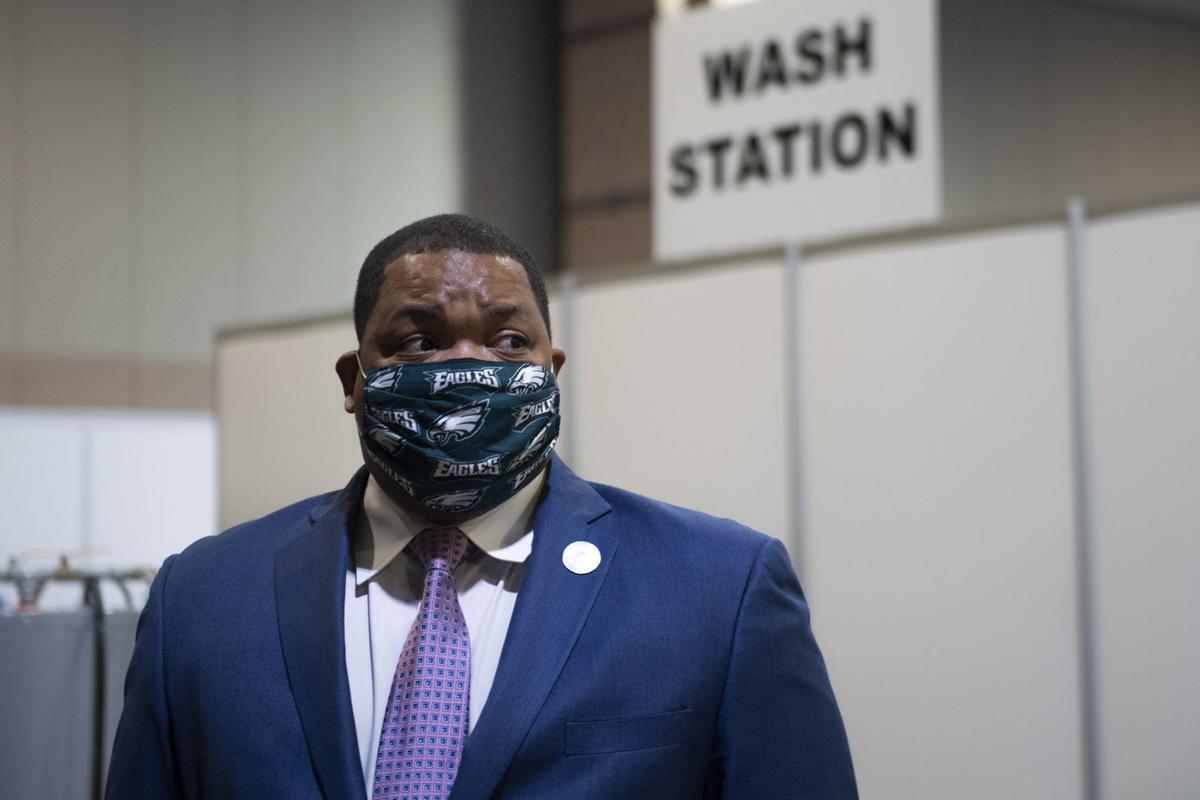Analysts: Coronavirus Pandemic Worse for South Jersey Than Hurricane Sandy, Great Recession
Posted on: April 21, 2020, 11:44h.
Last updated on: April 21, 2020, 12:05h.
The coronavirus is expected to economically damage South Jersey even more so than Hurricane Sandy in 2012, and the Great Recession and financial crisis of 2008-09.

The South Jersey Economic Review’s (SJER) Spring 2020 report – published biannually by Stockton University’s William J. Hughes Center for Public Policy – is forecasting grave economic consequences for the southern part of New Jersey.
Analyst estimates for the 2020 decline in real gross domestic product (GDP) range from a low of $2.1 billion to as high as $5.1 billion. Those numbers represent between an 11.9 percent to 28.3 percent year-over-year GDP loss.
“Unsurprisingly, there is a trade-off between the model’s ‘speed’ and ‘drag’ dimensions, i.e., how many weeks it takes for the economy to return to some semblance of normalcy and COVID19’s more lasting impact on the overall level of economic activity,” the report explains of the GDP range.
The longer it takes … the shorter the 2020 summer shore season will be, and thus, the greater the impact,” the SJER added.
The busy season for Atlantic City casinos is, of course, the warmer months. Gross gaming revenue during the summer months increases roughly 25 percent compared to the winter season.
Virus Batters Shore
The South Jersey Economic Review says the coronavirus pandemic will almost certainly be worse than other recent US catastrophic events. According to the US Bureau of Economic Analysis, here’s how three recently significant events affected the Southern New Jersey regional economy.
Event (Year Impacted) GPD loss (2020$) YoY Decline
Great Recession (2009) -$2.25 billion -9.6 percent
Casino Closures (2014) -$0.56 billion -2.7 percent
Hurricane Sandy (2013) -$0.22 billion -0.9 percent
Following the June 2018 openings of Hard Rock and Ocean Casino, total employment in Atlantic City eclipsed the 30,000 mark. It’s since retracted, largely due to the two new casinos right-sizing their workforces.
As of March 1, Atlantic City casinos employed 26,450 workers – 19,652 of which are full-time positions. The SJER warns residents in South Jersey not to expect a hiring spree in the gambling beachfront town once coronavirus subsides.
“It seems unlikely that casino hotel employment will continue to expand at the rapid clip it has during the past two years,” the report stated. “Given this, the metropolitan area’s job growth prospects over the near-term horizon will hinge on the pace of job creation outside the leisure and hospitality sector.”
No End in Sight
Temperatures are rising in Atlantic City and up and down the Jersey Shore. But nonessential businesses remain closed for the foreseeable future.
New Jersey has 88,806 positive COVID-19 tests as of Tuesday morning, the disease cited for 4,377 deaths in the Garden State. Only New York has more coronavirus cases.
New Jersey Gov. Phil Murphy, Atlantic City Mayor Marty Small Sr. (D), and Casino Reinvestment Development Authority Executive Director Matt Doherty met today at the Atlantic City Convention Center to tour the 258-bed makeshift hospital. The facility’s first patients are set to arrive later today.
Related News Articles
Genting Group Focused on Japan, Predicts ‘Fierce’ Bidding War
Most Popular
Las Vegas Overstated F1 Race’s Vegas Impact — Report
LOST VEGAS: ‘Tony The Ant’ Spilotro’s Circus Circus Gift Shop
Mega Millions Reportedly Mulling Substantial Ticket Price Increase
Las Vegas Strip Stabbing Near The Strat Leaves One Man Dead
Most Commented
-
End of the Line for Las Vegas Monorail
— April 5, 2024 — 90 Comments -
Mega Millions Reportedly Mulling Substantial Ticket Price Increase
— April 16, 2024 — 6 Comments -
Long Island Casino Opponents Love New York Licensing Delays
— March 27, 2024 — 5 Comments -
Sinclair Broadcast Group Selling 7.91 Million Bally’s Shares
— April 12, 2024 — 4 Comments
















No comments yet